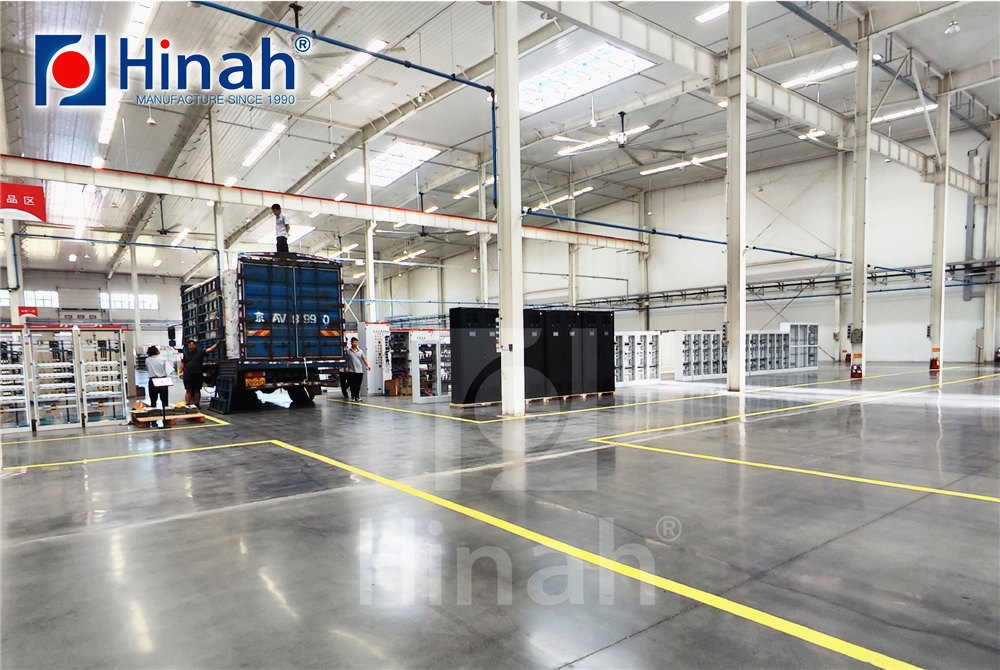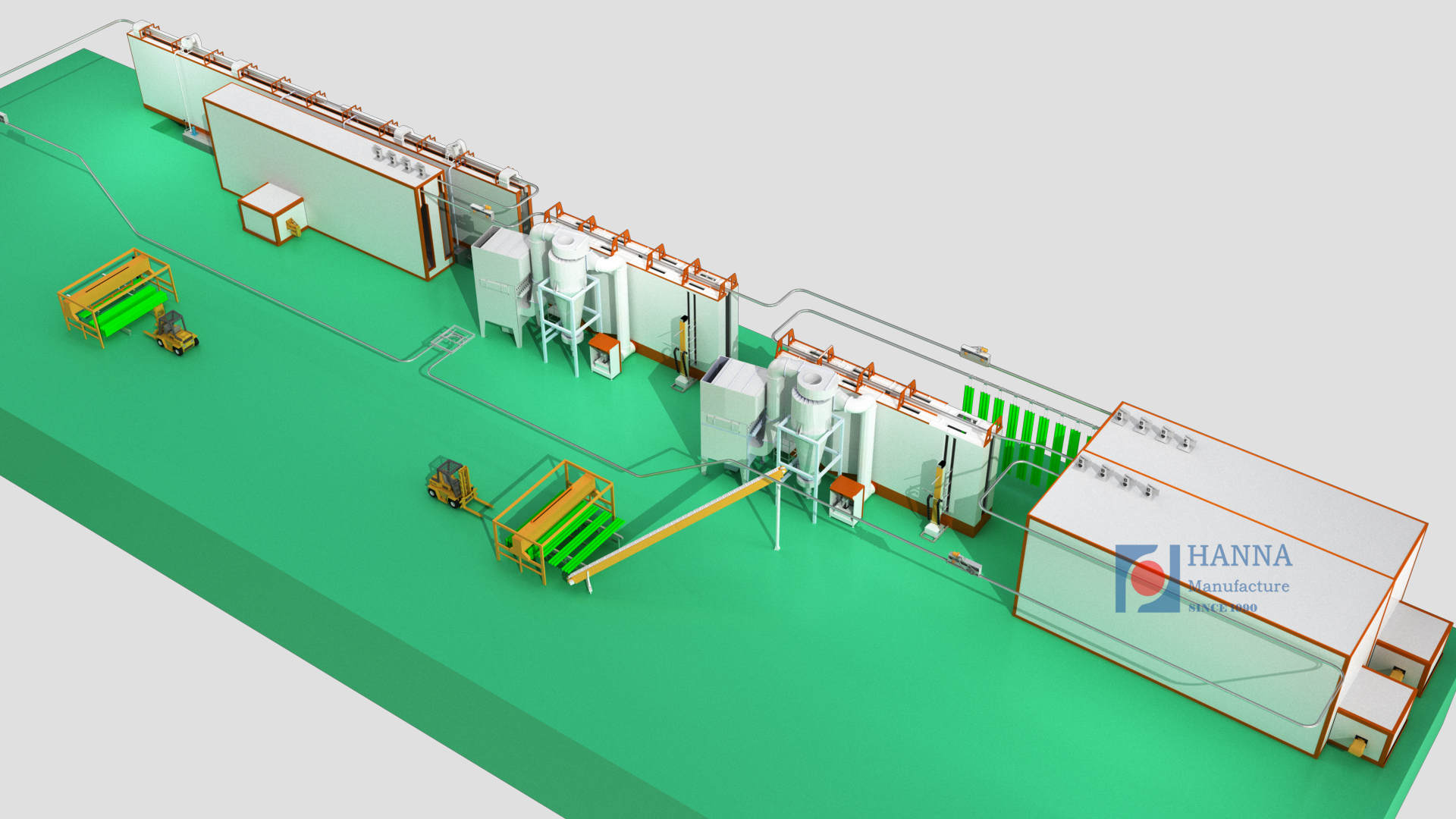- Home
- About-us
- Products
- Solutions
- Industries
- Video
- Service
- Contact-us
Views: 115 Author: Site Editor Publish Time: 2023-12-15 Origin: Site
In modern industrial manufacturing, equipment manufacturing is a complex field covering many processes and technologies.
Different manufacturing processes directly affect the performance of the final product, including durability, precision, reliability and other aspects.
In this paper, we will provide an overview of the impact of several common processes in equipment manufacturing on product performance to help relevant practitioners better understand and select the right process for their needs.

Casting is a common equipment manufacturing process for the production of large parts and complex shaped components. The casting process affects product performance mainly in terms of material uniformity, grain structure and internal defects. By optimizing the casting process, defects such as porosity and inclusions can be reduced, and the strength and durability of the product can be improved.
Machining is a common part of the manufacturing process, including turning, milling, grinding and other methods. Machining directly affects the dimensional accuracy and surface quality of the product. Reasonable selection and control of machining process can ensure that the product meets the design requirements and improve the overall performance of the equipment.
Heat treatment is a process to change the structure and properties of materials by controlling their heating and cooling processes. For equipment manufacturing, heat treatment can improve the hardness, strength and wear resistance of parts. The selection and control of heat treatment methods such as quenching and tempering directly determine the ultimate mechanical properties of the product.

In equipment manufacturing, welding is widely used for connection and assembly. The choice of welding process affects the strength, toughness, and corrosion resistance of the weld of the product. A good welding process can ensure the quality of welds and improve the reliability and durability of the overall structure.
Surface treatment process has a direct impact on the product's appearance, corrosion resistance and friction properties. For example, electroplating, spraying, plating and other processes can improve the product's weather resistance, extend its service life and beautify its appearance at the same time.
With the development of science and technology, advanced manufacturing technologies such as additive manufacturing (3D printing) and CNC machining are gradually applied to equipment manufacturing. These technologies can realize the manufacture of complex structures and have unique advantages for improving product performance. For example, 3D printing can reduce material waste, improve manufacturing efficiency, and create lighter, higher strength parts.
Finally, material selection and design optimization in equipment manufacturing are also important factors that affect product performance. Appropriate materials and structural design can reduce the weight and increase the strength of a product, thereby improving overall performance.
In actual equipment manufacturing, a combination of multiple processes is often used to achieve the overall optimization of product performance. Therefore, engineers and fabricators need to fully consider the synergy between different processes when developing production plans to ensure that the final product meets the design requirements. Through a deeper understanding of the characteristics and impacts of various processes, the manufacturing industry can better respond to market demands and improve product competitiveness.